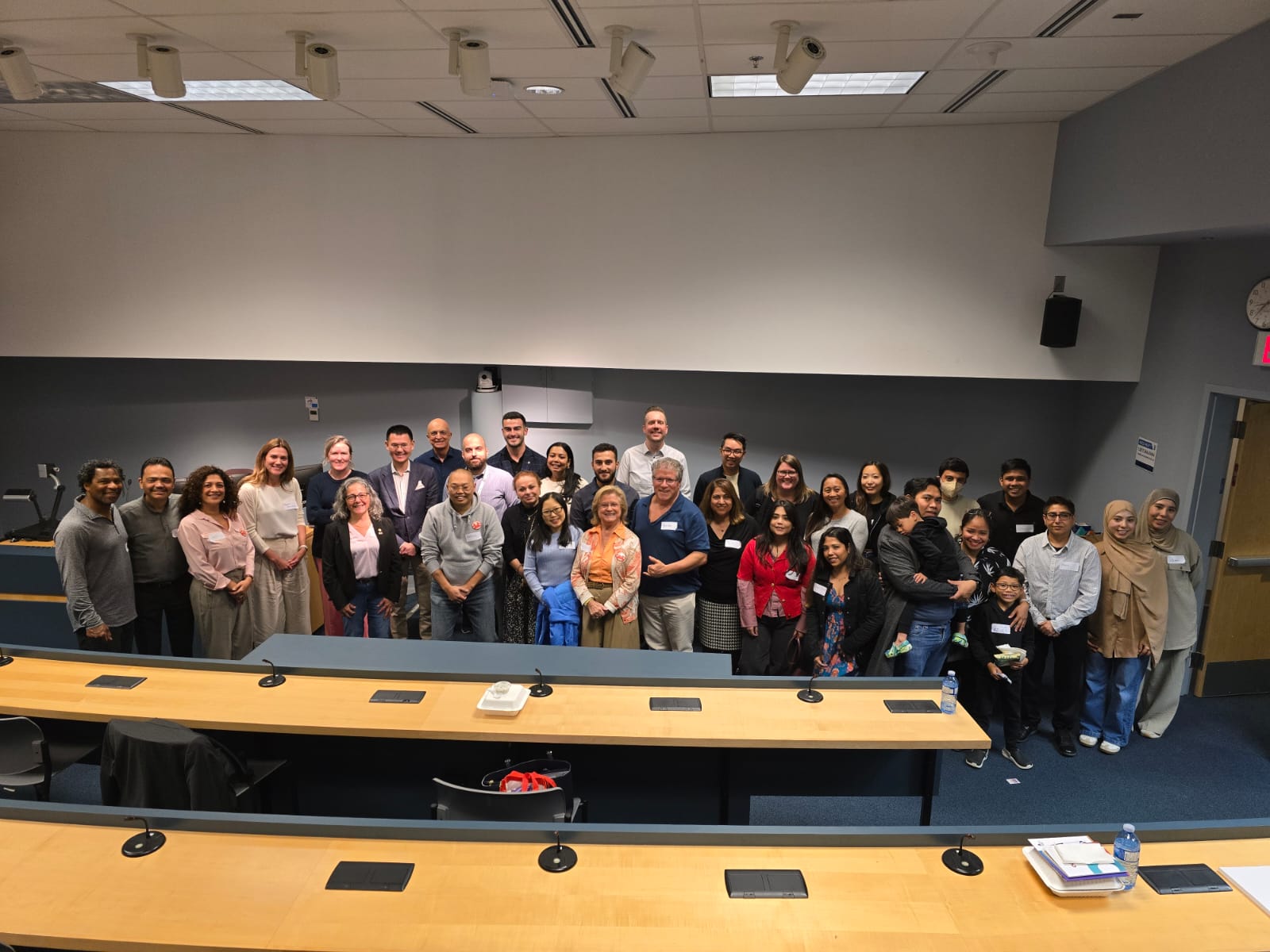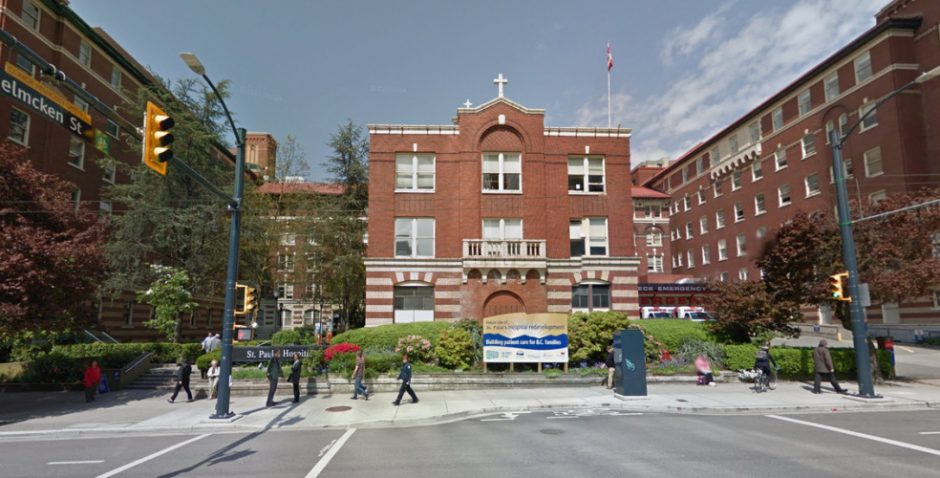Introduction
For those affected by Thalassemia, life can feel like an endless cycle of medical appointments, treatments, and lifestyle adjustments. But with the right knowledge and community, managing Thalassemia can become an empowering journey. Understanding what Thalassemia is and connecting with others can bring hope and resilience to individuals and families impacted by this genetic blood disorder.
What Exactly is Thalassemia?
Thalassemia is a genetic disorder where the body produces an insufficient amount of hemoglobin, the protein in red blood cells that carries oxygen throughout the body. This leads to anemia and other health challenges, ranging from mild to severe. Types of Thalassemia include:
- Alpha Thalassemia: This form involves mutations in the alpha-globin genes and can be mild to moderate.
- Beta Thalassemia: With mutations in the beta-globin genes, this type often requires more intensive care, such as frequent blood transfusions.
The Importance of Early Diagnosis
Early diagnosis is crucial, allowing individuals and families to start planning treatments and lifestyle adjustments. Blood tests and genetic screenings help doctors determine the type and severity of Thalassemia. Knowing the type also informs the treatment plan, ensuring the most effective and supportive care.
Daily Life with Thalassemia
Living with Thalassemia means embracing a proactive approach to health:
- Nutrition: A balanced diet rich in calcium and low in iron can help manage the effects of treatment and support bone health.
- Exercise: Physical activity, like walking and yoga, can improve stamina and emotional well-being. Always consult with a healthcare provider before starting a new fitness routine.
- Mental Health: Coping with chronic illness is challenging, and mental health support, including therapy or support groups, can make a significant difference.
Emerging Treatments and Advances
While treatments like blood transfusions and iron chelation therapy remain staples, the field is evolving rapidly. Advances in gene therapy bring hope to many, potentially allowing for targeted interventions that address the root cause of Thalassemia.
Building Community and Finding Support
Community support is vital. The Vancouver Thalassemia Society offers resources and organizes events to create a safe space for individuals and families dealing with Thalassemia. Knowing that you’re not alone can be one of the most powerful tools for managing the emotional and physical aspects of this condition.
Ways to Get Involved
Whether affected by Thalassemia or simply wanting to help, there are many ways to make a difference. Join awareness campaigns, participate in fundraising events, or consider volunteering. Each action brings us one step closer to better support systems and a future where Thalassemia is a manageable part of life.
Conclusion
Thalassemia is a lifelong condition, but it doesn’t have to define anyone’s life. With knowledge, community, and ongoing medical advancements, people with Thalassemia can lead vibrant and fulfilling lives. The Vancouver Thalassemia Society is here to walk this journey with you, providing resources, hope, and empowerment for all those affected.




